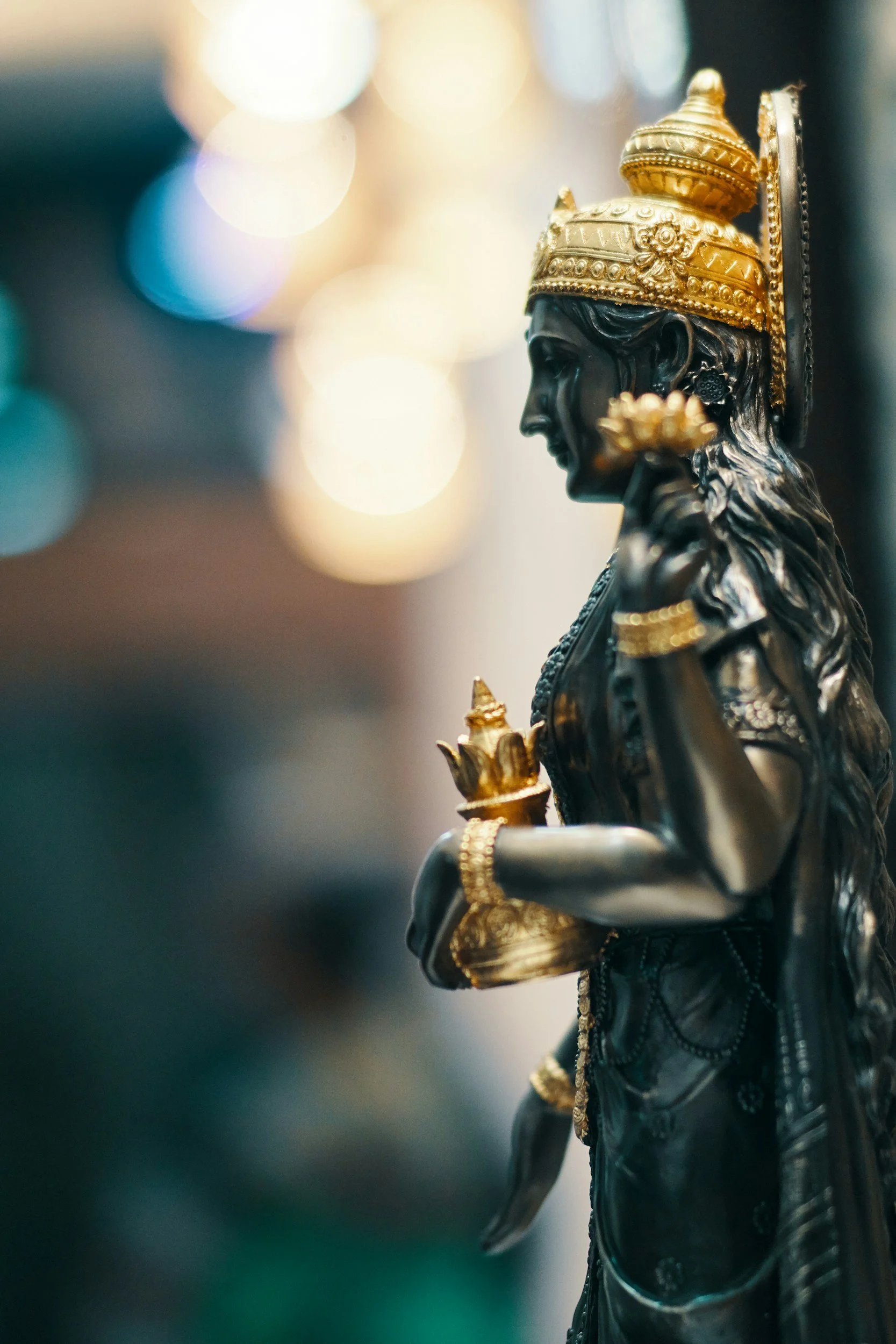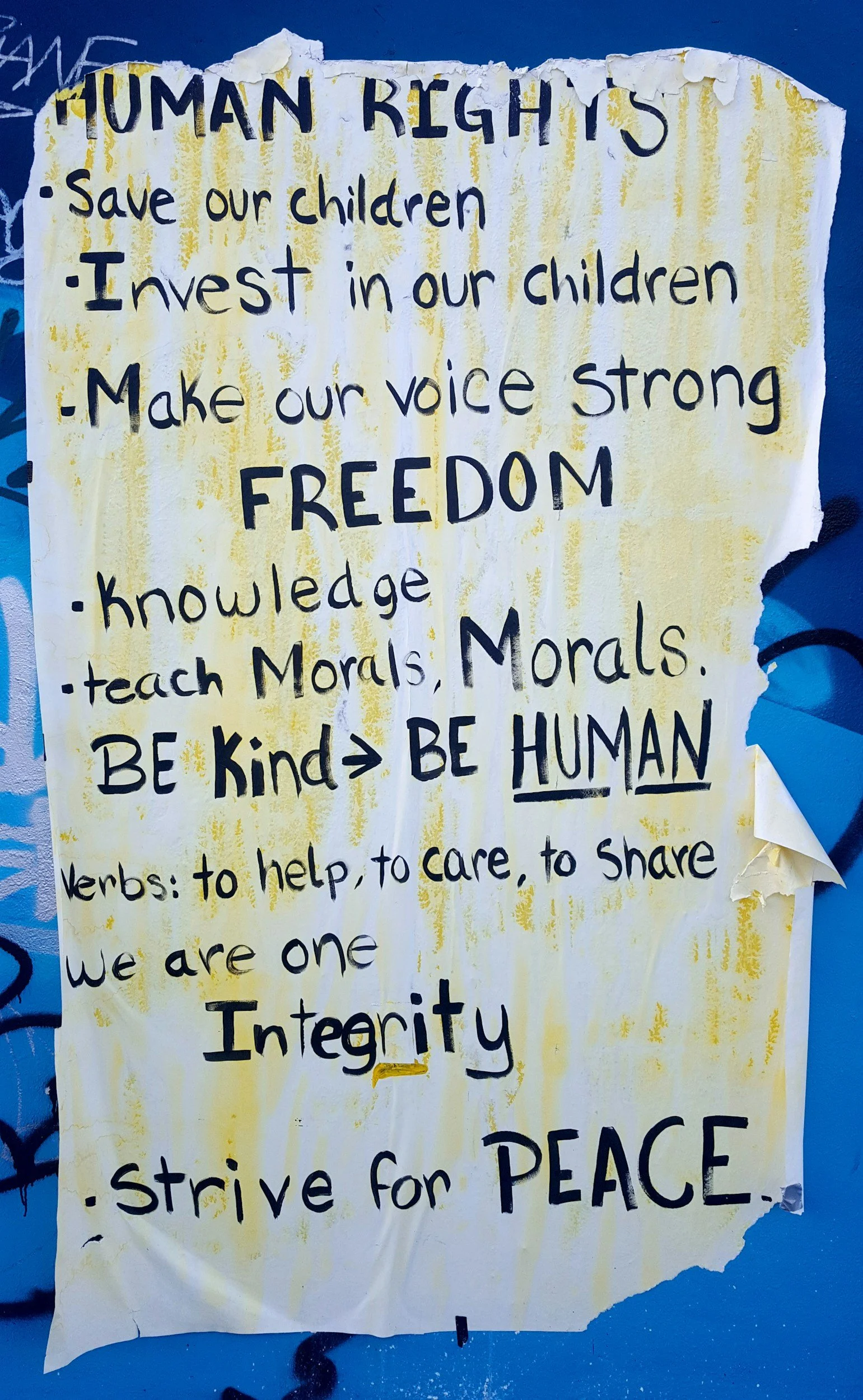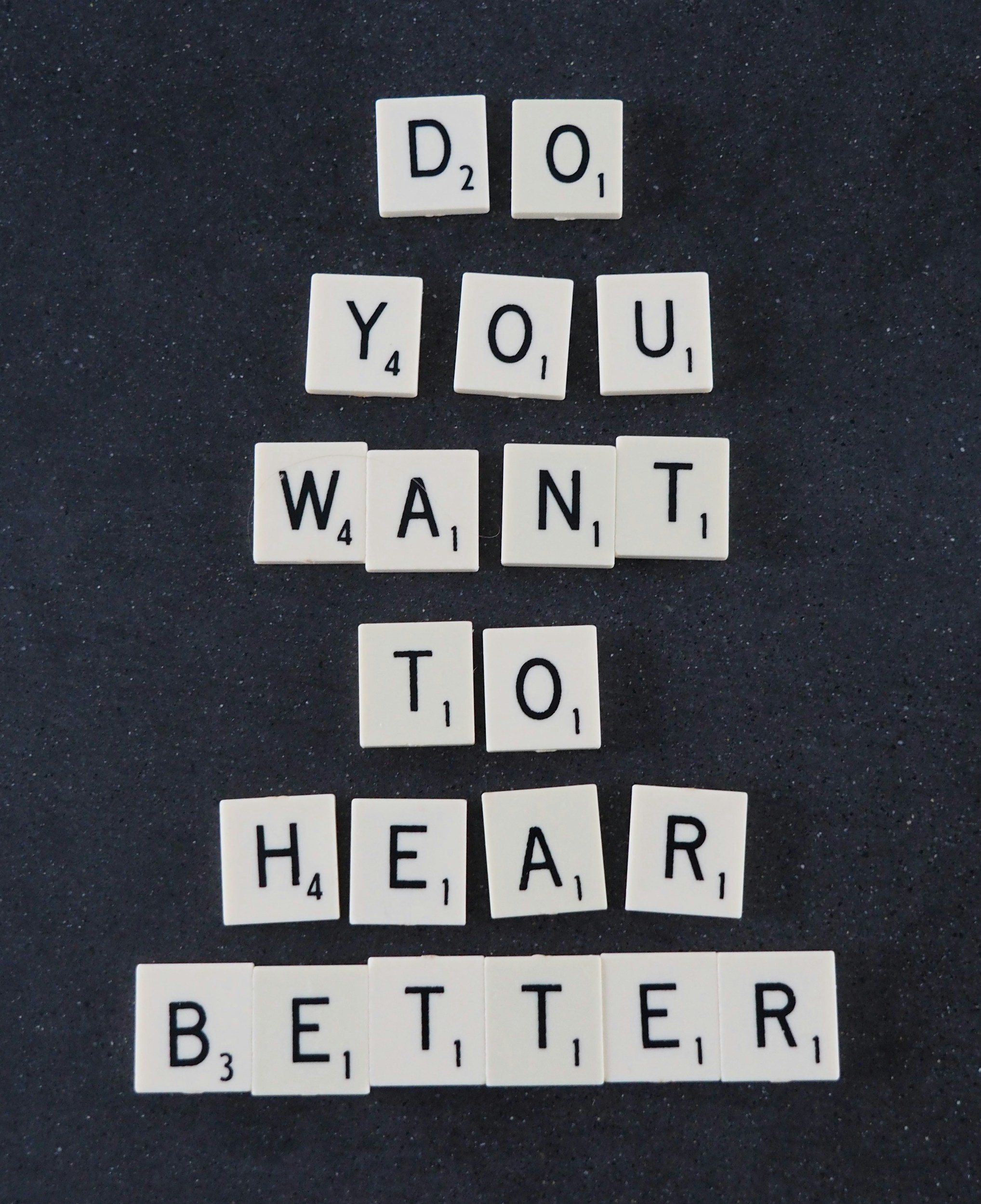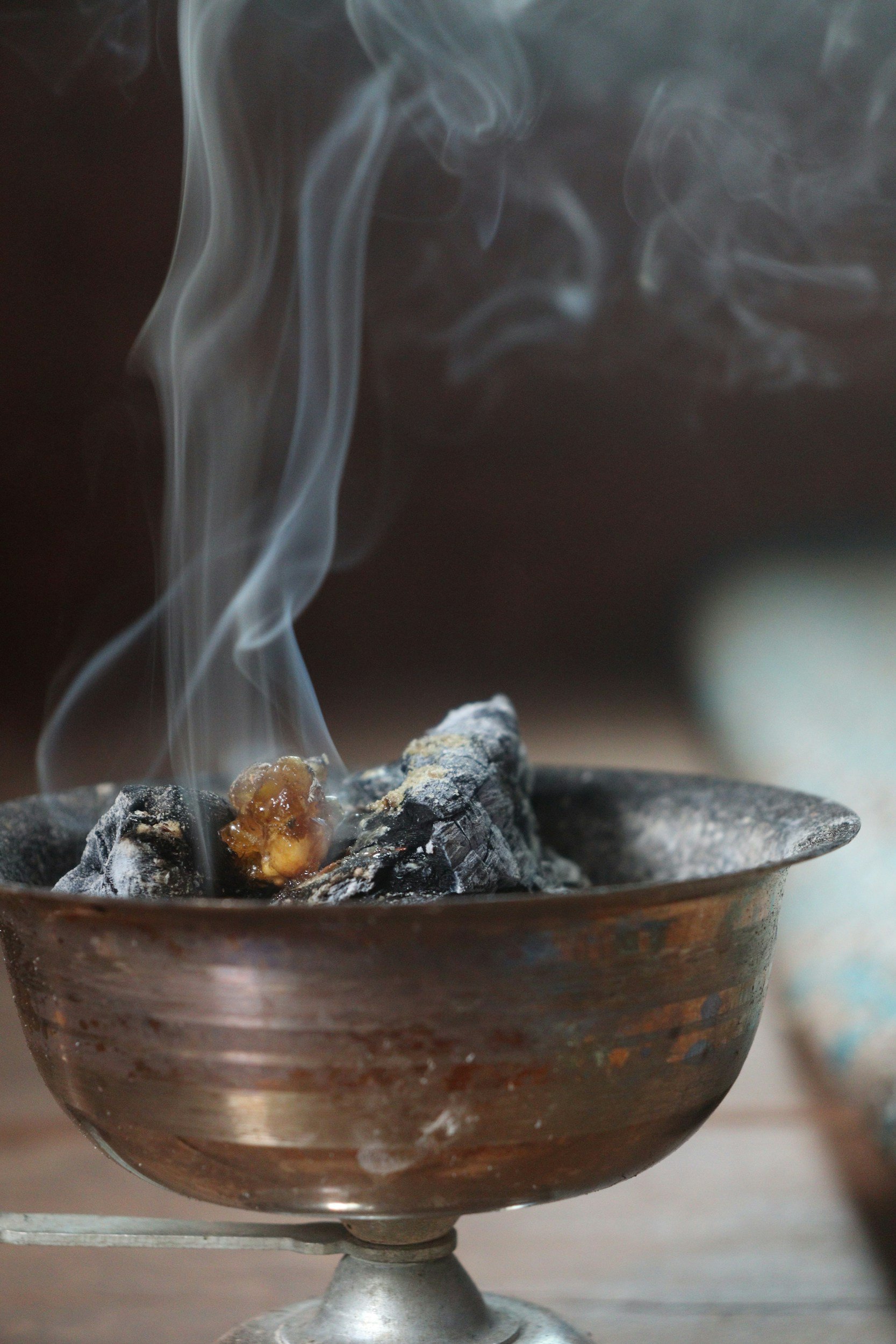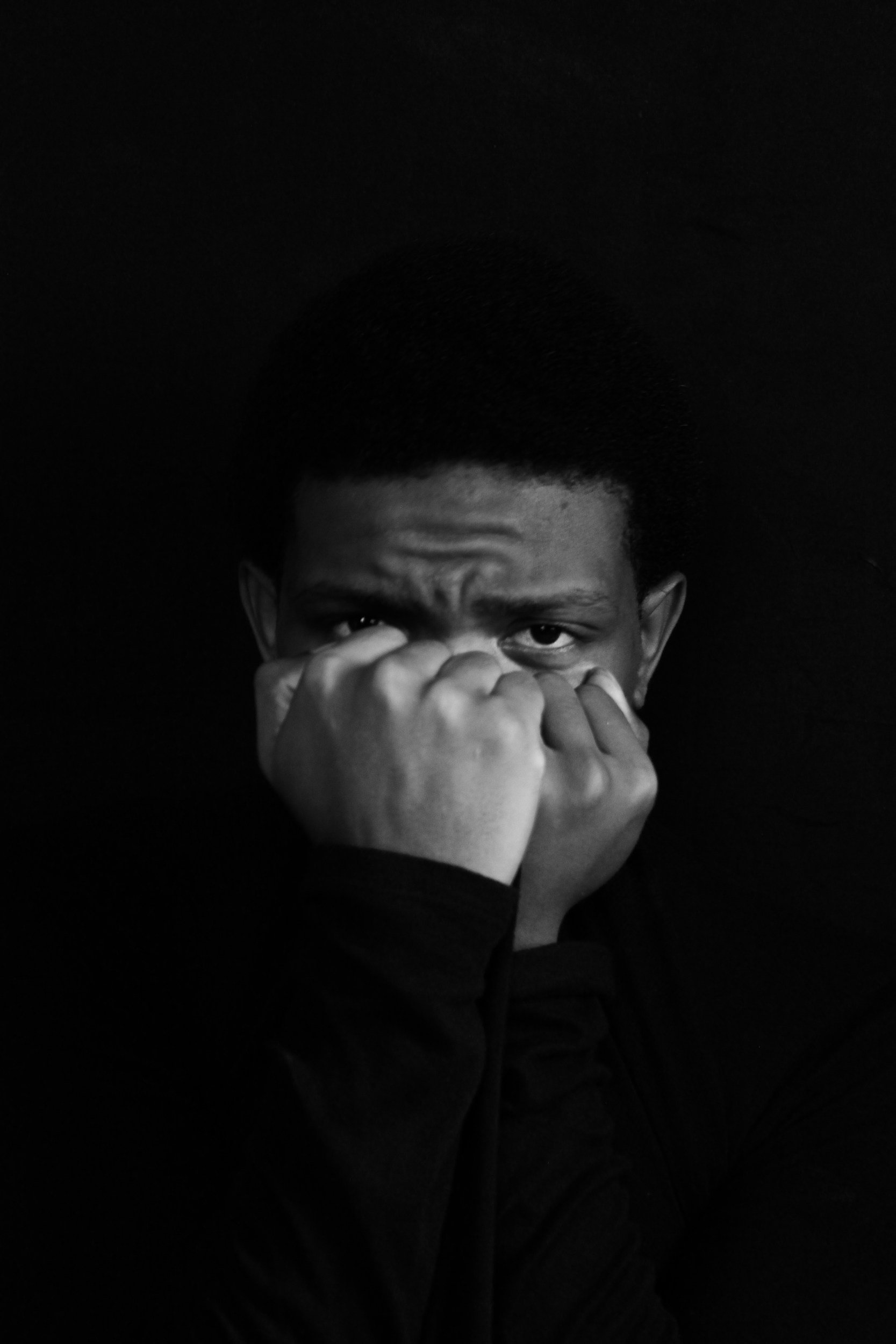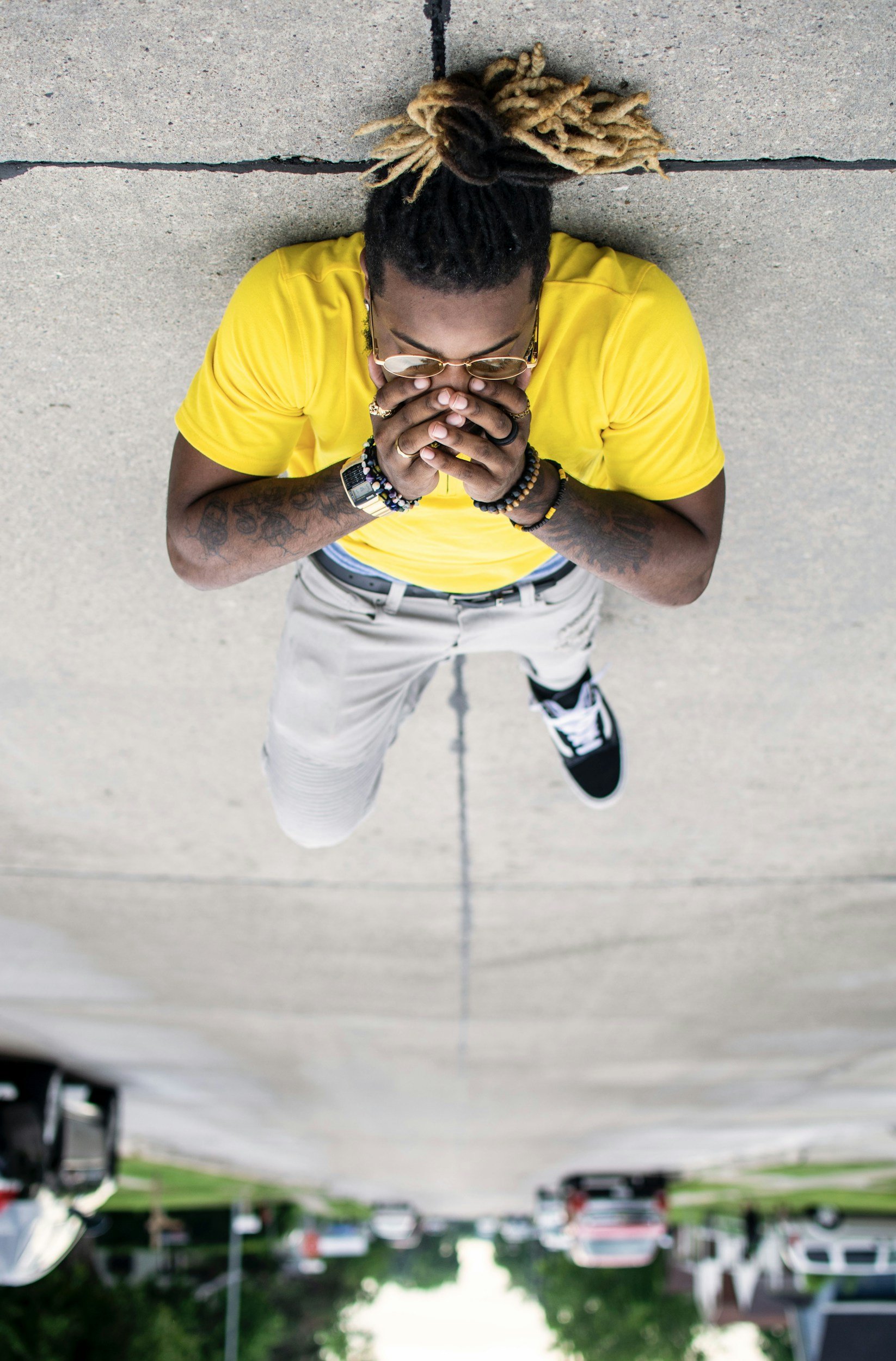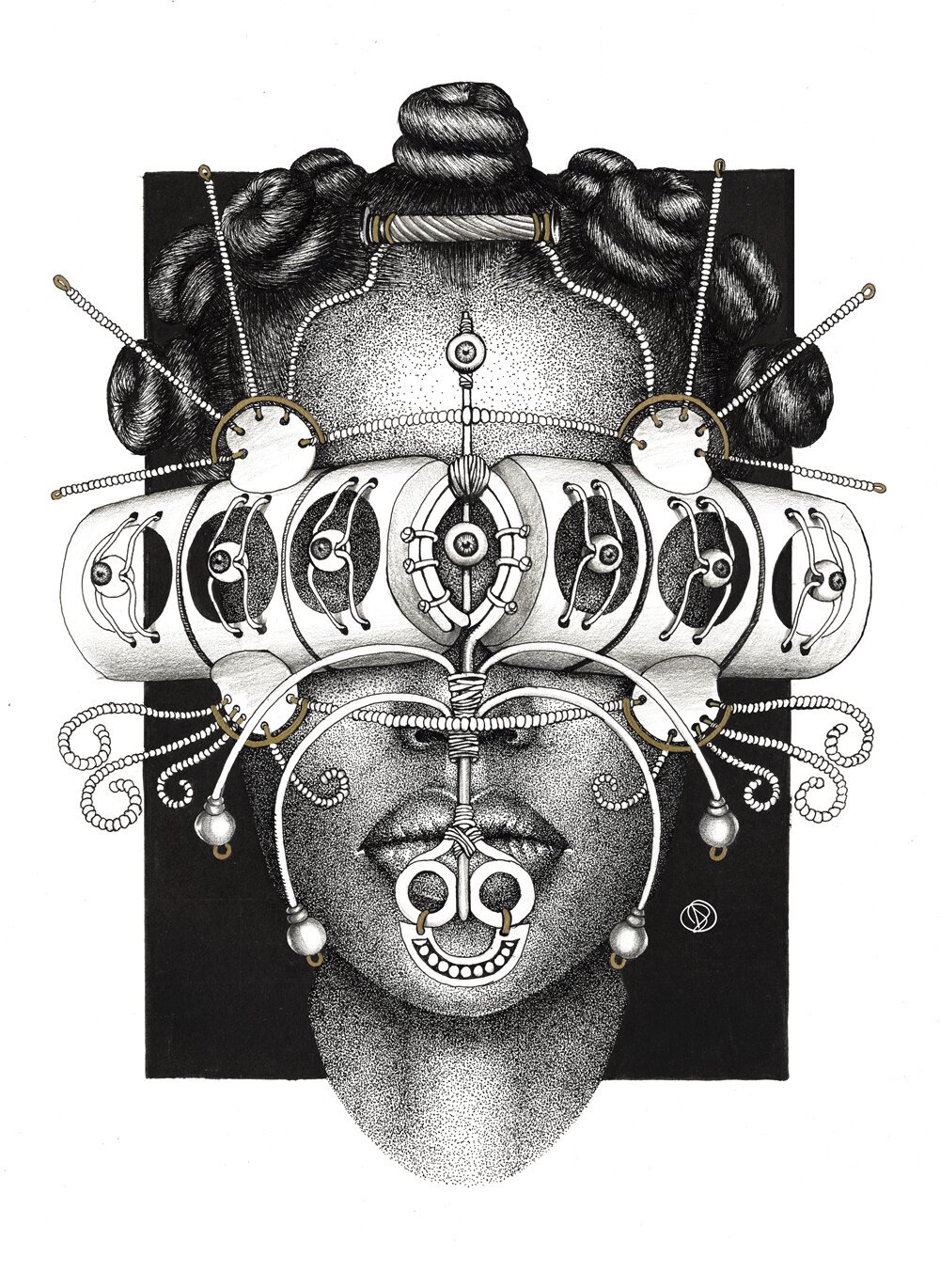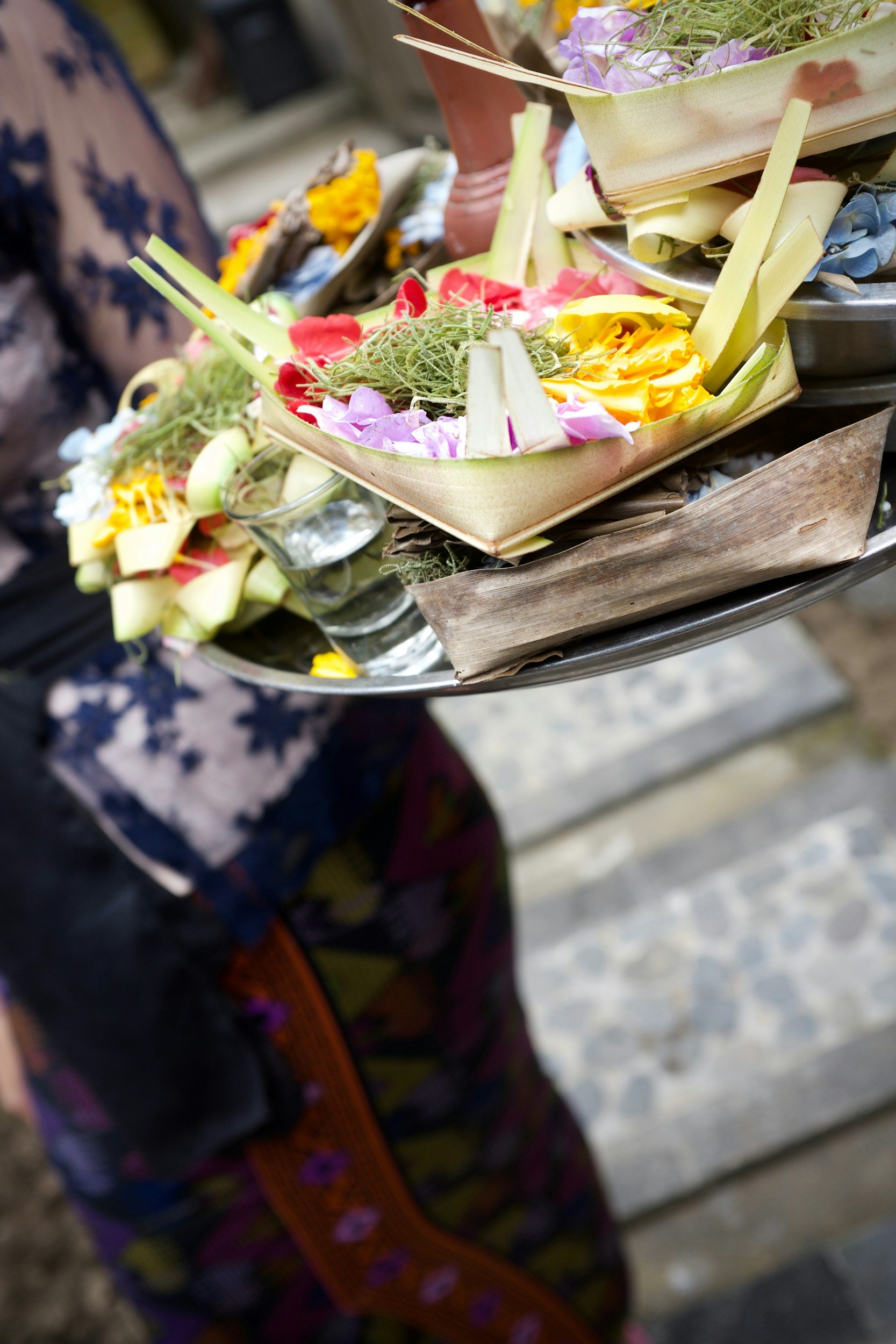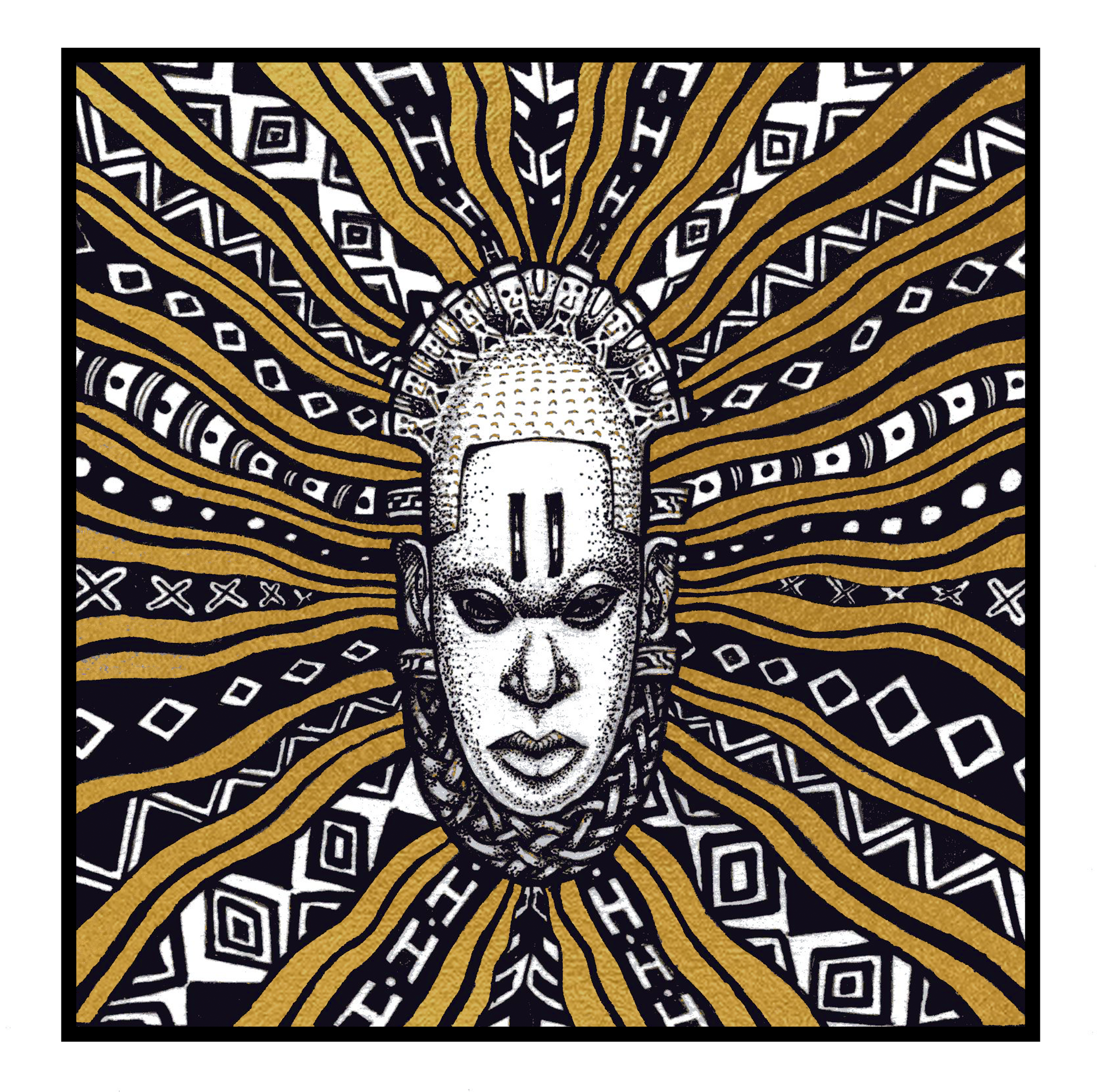On Reincarnation: 4 Ancient Techniques Used in Discovering Chi Uwa
Reincarnation (Ilo uwa or Ino uwa) is the belief in Igbo culture in the rebirth of a soul into a new body after death. It is a belief which has fascinated humanity for centuries. In ancient times, Igbo ancestors (Ndi Ushi Egede/Ndi Aka Ululu Obi) developed various methods to identify individuals believed to be reincarnated souls, those reincarnated souls were known as Chi Uwa or Onye Uwa. In this blog post, we'll highlight four intriguing ways ancient Igbo societies discovered Chi Uwa, we’ll try to shed light on how our ancestors engaged this understanding of the cycle of life and death. But before we do that, let’s briefly describe who or what Chi or Onye Uwa is.
What is Chi Uwa or Onye Uwa?
Chi Uwa or Onye Uwa is a reincarnator, which is an individual believed to be the embodiment of a soul that has returned to Earth in a new body after death. According to Odinani and Igbo traditions, reincarnators carry the essence or consciousness of a previous life and undergo rebirth to continue their spiritual journey, sometimes as a guide to the new soul they are joined with in this lifetime. The concept of reincarnation suggests that souls may experience multiple lifetimes, each contributing to their spiritual growth and evolution. Reincarnators are usually regarded with reverence and curiosity in Igbo culture, as their existence embodies the belief in the eternal cycle of life and death which also implies that their very existence can interfere with the life of a person in the present.
4 Intriguing Ways Ancient Igbo Societies Discovered Chi Uwa:
Birthmarks and Body Scars: Ancient Igbo ancestors (Ndi Ushi Egede) observed birthmarks or body scars as potential indicators of reincarnation. These physical markings were believed to be remnants of past lives, serving as clues to the identity of the reincarnated soul. However, the prevalence of mortuary practices in modern times in Igbo land has influenced this belief (process), as its become known by Dibias who interrogate such phenomena that embalming and cosmetic procedures done on a corpse can alter or conceal such markings. Despite this, birthmarks and scars remain significant symbols when searching for clues around a persons Chi Uwa, as they can still offer glimpses into the soul's journey from their previous life into the current one. In some cases, like with certain Ogbanje children, body scars are inflicted intentionally to leave a trace to identify the soul when it returns to the same family.
Afa Divination and Maternal Instinct: Divination always played a crucial role in identifying Chi Uwa in ancient Igbo societies. Specific kinds of divination practices such as Igba Afa, were used to communicate with the spiritual realm and seek guidance on matters of reincarnation. Diviners (Dibia Afa) would consult the oracle before or after the birth of a child, interpreting signs and omens to determine if the newborn possessed the soul of a previous individual from within or outside the lineage. Additionally, the mother's intuition and connection to the unborn child was highly regarded and valued, as mothers were believed to be able to have more insight than anyone else into the reincarnated soul's identity.
Promises Made Before Death: In Igbo culture, it is common for individuals especially elders to make promises or declarations before their death regarding their reincarnation. These premonitions were taken seriously by the community in the past and served as indicators of future rebirth. Family members or close associates would recall these promises and actively seek out the reincarnated person, guided by the belief that the soul would fulfill its pledge in the next life.
Calling Out Through the Sun: Ancient Igbo traditions also used the sun (Anyawu Ututu) as a means of summoning a persons Chi Uwa to identify itself. It was believed that the soul of the deceased could communicate through the energy of the sun when summoned in the right way, guiding loved ones to its reincarnated form or revealing itself to the person the soul is joined with. This spiritual connection with the sun goes to show the belief in Igbo cosmology that the sun as a living being serves as a portal or channel into the spirit realm.
Some Basic Rules Regarding Chi Uwa in Igbo Communities:
The individual embodying an Onye Uwa is adviced to avoid looking into or discussing the circumstances of their previous life's death, particularly if it was unnatural.
The individual embodying an Onye Uwa must refrain from attending or partaking in the burial rituals of their Onye Uwa or those with whom they share the same Chi Uwa.
The individual embodying an Onye Uwa should not be shown or allowed to visit the burial site of their predecessor.
To ensure a smoother and more prosperous life, the individual embodying an Onye Uwa should steer clear of the taboos and practices their predecessor avoided, especially if their Onye Uwa held a respected or titled position before death.
Beliefs about individuals having multiple Chi Uwa or shared Onye Uwa vary among Igbo communities. While some communities believe in shared reincarnators, others dismiss this notion entirely. In rare instances, one person may even be associated with more than one Chi Uwa.
In ancient Igbo culture, identifying a person's reincarnator was very important as it offered valuable insights into their karmic path in this lifetime. This knowledge enabled families and communities to support the individual in fulfilling their destinies and provided clarity on the various personalities such a person might exhibit involuntarily. This was why, the primary rule and priority for any newborn child were to ascertain their origin or spiritual lineage.
In conclusion, the discovery of Chi Uwa or Onye Uwa by Igbo ancestors (Ndi Aka Ululu Obi) in ancient times was a sacred process, rooted in odinani. The goal of recalling these four fascinating methods in this post is so we can all gain more insight into the deep reverence and understanding our ancestors held for the mysteries of life and death. While modern perspectives may differ, the legacy of these ancient practices continues to inspire curiosity and they remain relevant to realising the eternal journey of the human soul.
Recommended Resources:
Ilo Uwa (Reincarnation and The Afterlife Explained) - Igbo Spirituality | Medicine Shell (YouTube)
Igbo Sacrifices: Chi and Onye Uwa Are Very Different (REVELATIONS) | Deep Afroculture (YouTube)
